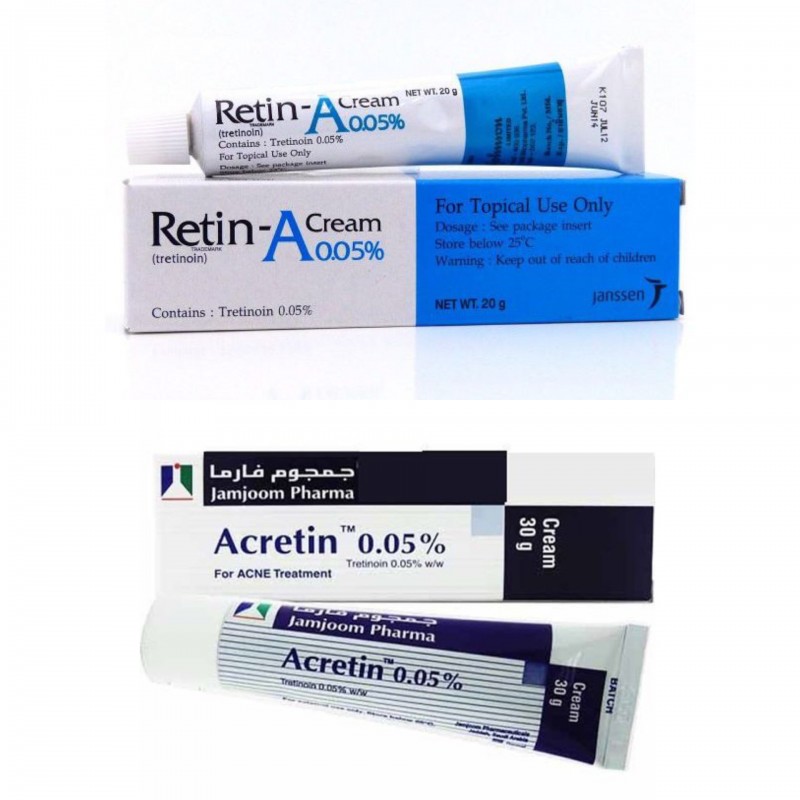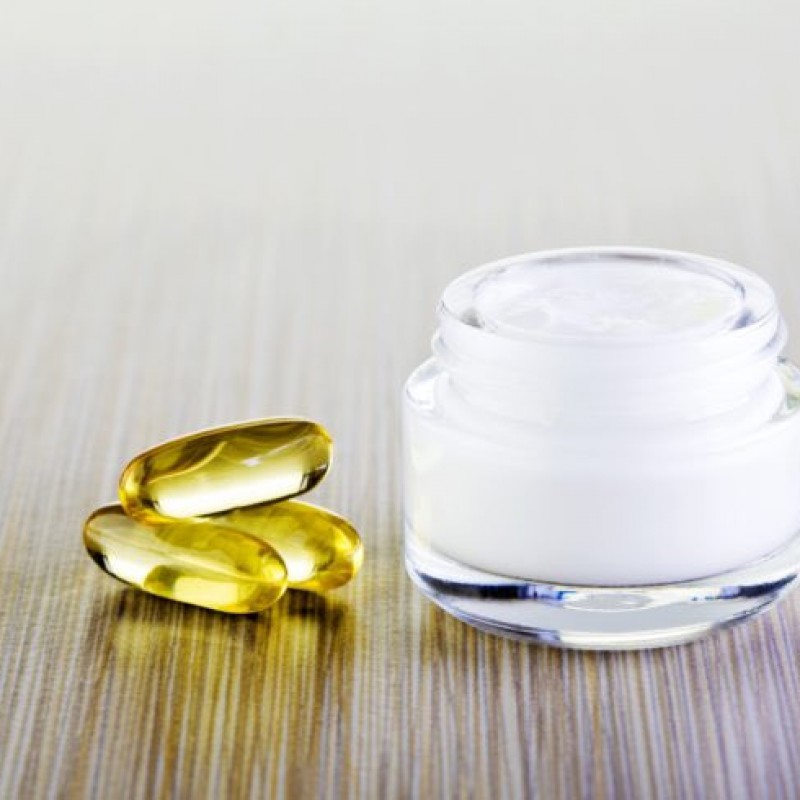Your face is the gateway to your health
The face is the interface of the human being and his health, as signs and symptoms of diseases may appear on the face that do not appear in the place of that organ affected by the disease. Learn about some of those symptoms and signs.
Jaundice
Jaundice or jaundice in your eyes or skin appears when you have too much bilirubin, which your body produces when it breaks down red blood cells. In adults, jaundice can mean more serious conditions, such as viral infections (hepatitis, mononucleosis); Problems with the liver, gallbladder, or pancreas
Mole
The bumps are often dark in color. There is nothing to worry about, but skin exams can help you detect cancer before it spreads. Is the shape different on each side? Is it rough? Is it different? Is it bigger than a pea? Has it changed in the past few weeks? Talk to your doctor if you answered yes.
Lip ulcers
It is caused by the herpes virus type 1. Once infected with the virus, it stays with you. Sores may burst when you're sick, anxious or tired, or when you've been in the sun for a long time. They usually go away on their own, but if you have a large or frequent outbreak, your doctor may suggest medications.
Lupus
Most rashes are not serious and get better on their own, but they may be unusual if they cover the cheeks in the shape of a butterfly, which is a common sign of lupus. This is a disease that causes your immune system to attack your own tissues and organs. You may also have a fever, stiff joints, and fingers that turn blue in the cold.
drooping eyelids
It can happen in one or both eyes. It could be a sign of problems with the brain, nerves, or eye sockets. See a doctor if this happens within days or hours, or if you have double vision, muscle weakness, or difficulty In swallowing, or headache, these may be signs of a stroke.
Facial side paralysis
If you don't have other symptoms, it's likely Bell's palsy or seventh nerve palsy. This happens when something or a virus presses on or swollen a nerve that controls the muscles in your face. It appears over hours or days and usually weakens one side of your face. You may also feel pain. In the jaw and behind your ear. It is not serious or improves within 3 to 6 months
Yellow, raised bumps around the upper and lower eyelids
It comes from cholesterol, and although you may not like its appearance, it is not dangerous or painful and can usually be removed, but it can be a sign that he is more likely to develop heart disease or have a heart attack, so it is a good idea to get tests
Puffiness under the eyes
It may be caused by lack of sleep, too much salty food, and hormonal changes. It happens more often with age because the muscles that support your eyelids weaken. If your eyes are red and itchy, it could be an allergic reaction to food, pollen, makeup, perfume, disinfectant, or an infection.
Melasma
It is not known why it occurs, but it can be caused by things such as pregnancy or taking certain birth control pills. In these cases, melasma often clears up on its own after the baby is born or the woman stops taking the pills. In other cases, it can last for years. Other medications and treatments, such as some creams A chemical peel can help.
Hair loss
If some eyelashes or eyebrows are falling out, along with patches of hair, it may be a sign of a condition called alopecia areata. This happens when the immune system mistakenly attacks hair follicles. There is no way to prevent new spots from forming, but your doctor may prescribe some medications that may help hair grow again.


